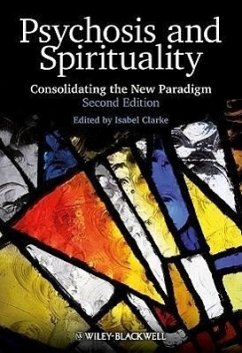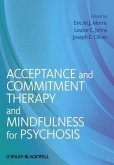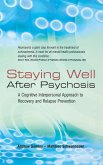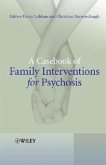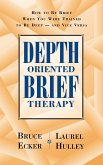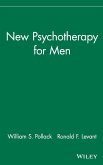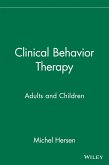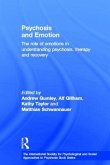The new edition of this successful text builds on the very latest research to present a unique exploration of the psychology of both spirituality and psychosis. The editor brings together fascinating perspectives from a broad range of distinguished contributors, including Peter Fenwick and Gordon Claridge, to develop and support the link between these two areas of human experience. This text offers a fundamental rethinking of the interface between psychosis and spirituality, proposing new and original insights. Since the publication of the first edition, there has been an increased momentum to this field, which in turn has enabled a more hopeful and less stigmatizing perspective on psychosis. The second edition reflects the most recent body of qualitative and quantitative research, and the latest clinical initiatives. This has led to the addition of ten new chapters, and an expanded clinical section, which will be highly relevant to clinicians working with psychosis. This new perspective will be important for those with a professional interest in both psychosis and spirituality, such as therapists and priests, in addition to those seeking a well-grounded framework for their own personal explorations in this area.
"The new edition of this successful text builds on the very latestresearch to present an original and unique exploration of thepsychology of both spirituality and psychosis. The editor bringstogether fascinating perspectives from a broad range ofdistinguished contributors." (Studies in Spirituality, 2011)
"This book is an updated and expanded version of a collection ofessays first published about ten years ago, when some of the ideasit explores were fairly news ... This book is generally written atan accessible level, and draws on much useful recent research inthis area. Section 5, entitled 'Research', would be the mostfruitful part for a non-specialist to sample." (The Way, 1 January2012)
"In a valuable contribution to this expanding field, consultantclinical psychologist Clarke (NHS Foundation Trust, UK) thusintroduces 20 chapters by UK-based multidisciplinary authors thatexplore the neuropsychology of such experiences, culture-specificideas of spirituality and psychosis, psychosis/ mysticism as acontinuum, recent research in this area, and clinical implications(e.g., the "mad" hero's journey as a therapeutic approach)." (BookNews, 1 August 2011)
"This book is aimed at anyone interested in the phenomenon ofpsychosis." (Mental Health Practice, 1 March 2011)'Spirituality is the key strand that unites the great varietyof cultural understandings of psychosis with recovery. This textcontains contributions from leading authorities in the field; itpoints towards a more complete human approach to psychosis, andchallenges long-held assumptions about the nature of humanexperience. It should be read by all mental health practitionersand students, and will be of interest to academics in theology,anthropology and philosophy, as well as service users andcarers.'
--Professor Philip Thomas, University of Bradford, UK
"This book is an updated and expanded version of a collection ofessays first published about ten years ago, when some of the ideasit explores were fairly news ... This book is generally written atan accessible level, and draws on much useful recent research inthis area. Section 5, entitled 'Research', would be the mostfruitful part for a non-specialist to sample." (The Way, 1 January2012)
"In a valuable contribution to this expanding field, consultantclinical psychologist Clarke (NHS Foundation Trust, UK) thusintroduces 20 chapters by UK-based multidisciplinary authors thatexplore the neuropsychology of such experiences, culture-specificideas of spirituality and psychosis, psychosis/ mysticism as acontinuum, recent research in this area, and clinical implications(e.g., the "mad" hero's journey as a therapeutic approach)." (BookNews, 1 August 2011)
"This book is aimed at anyone interested in the phenomenon ofpsychosis." (Mental Health Practice, 1 March 2011)'Spirituality is the key strand that unites the great varietyof cultural understandings of psychosis with recovery. This textcontains contributions from leading authorities in the field; itpoints towards a more complete human approach to psychosis, andchallenges long-held assumptions about the nature of humanexperience. It should be read by all mental health practitionersand students, and will be of interest to academics in theology,anthropology and philosophy, as well as service users andcarers.'
--Professor Philip Thomas, University of Bradford, UK
